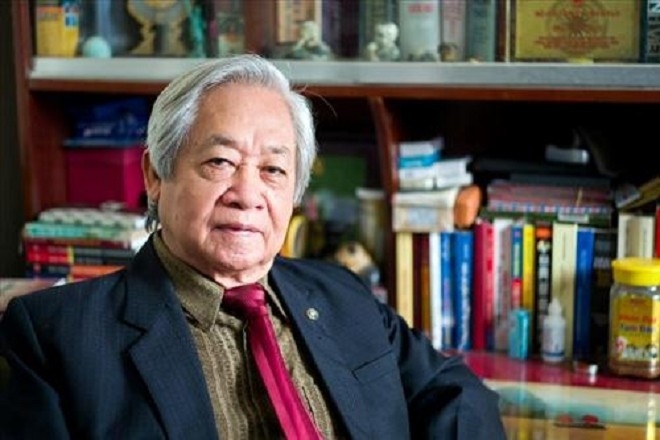 |
| Prof. Dr. Pham Tat Dong said: "Digital education for the masses" must contribute to improving the quality of future human resources and local human resources. (Photo: NVCC) |
Technology is a tool to go further
“Digital literacy” is a term used to refer to the current lifelong learning movement of the entire population, in the context of a modernized society entering a knowledge-based economy . This movement will conduct training, education, and lifelong learning activities in a digital education environment, creating a thoroughly digitally transformed educational ecosystem.
Inspired by the "Popular Education" movement initiated by President Ho Chi Minh in 1945 to eradicate illiteracy and improve people's knowledge, the "Popular Digital Education" movement carries a new mission, which is to popularize digital skills, helping everyone to access, use and master technology effectively.
As the initiator of the “Digital Literacy for the People” movement, General Secretary To Lam emphasized: “We not only inherit the precious heritage of history, but also need to know how to apply it to current practice. Equipping people with digital knowledge will help them become more confident, proactively seize opportunities and adapt to the development of technology.”
With the motto "Knowledge is the foundation, technology is the tool to go far", this movement not only relies on support policies from the Government, but also focuses on raising awareness, encouraging each individual to self-study, proactively participate in the digital space, thereby contributing to promoting the overall development of the country.
In the context of digital transformation becoming an inevitable trend, popularizing digital knowledge to the entire population plays an important role in narrowing the digital gap, enhancing national competitiveness and ensuring that no one is left behind.
The “Digital Literacy for All” movement was born with the goal of helping people, especially those with limited access to technology, to grasp and master digital technology, thereby participating more deeply in the digital economy and digital society. Universalizing digital skills not only helps people exploit the benefits of technology, but also contributes to improving labor productivity, promoting creativity and improving the quality of life. This is also an important premise for building high-quality digital human resources, meeting the requirements of the knowledge economy and international integration.
This movement considers everyone in society, regardless of age, gender, social status, educational level, ethnic background, religion and belief, as students. Whoever lacks knowledge or skills has the responsibility to learn to fill that gap.
 |
| Youth Union members instruct people on how to use computers. (Source: VGP) |
Consider learning a lifelong journey
From the perspective of a learning society, “Digital Popular Education” is essentially a movement to promote learning, talent, and build a learning society. The movement was initiated at the 9th National Congress of the Party (2001) when the Party advocated shifting the traditional education model to an open education model, that is, to a learning society model.
A learning society is an educational environment in which lifelong learning is not only a right, but also an obligation of every citizen. In the context of knowledge-based economic development under the driving force of the 4.0 Industrial Revolution, a learning society is considered a macro-educational ecosystem.
Popular education in any era requires people to study anytime, anywhere, to learn promptly what they see as necessary, and to immediately supplement their knowledge when they discover that there is a gap between their understanding and new things they need to know in the outside world, called the knowledge gap.
The advantage of the movement is the trend of self-study and online learning; requiring people to consider learning as a lifelong journey. In a digital society, with a digital economy, people not only study to complete general education, but also have to continue studying at a higher level. Different from the traditional "Popular Education", "Digital Populism" will conduct training, education, and lifelong learning activities in a digital education environment.
The first step is to digitize information, the second step in digitalization is to digitize processes. But for science and technology to reach a breakthrough level, creating sudden changes and big differences, it is necessary to fully implement the requirements of digital transformation. That is the overall and comprehensive digitalization of a system's operations. This is the highest level of digitalization. In digital transformation, the fundamental issue is to always innovate technology on the basis of clearly defining the strategic goals of the operation to promote creativity and innovation on a large scale.
Innovation and creativity are the lifeblood of all activities. Without these two things, people and organizations will fall behind, decline and be left out of the flow of culture and civilization in the new era. The final product of “Digital Popular Education” is a learning citizen – a worker who studies for life to become an intellectual worker, who dares to speak, to think, to do, to take responsibility before the people, before the Party, before the State. The journey of lifelong learning will help to develop sufficient capacity and qualities, contributing to the nation’s rise in the new era.
On December 22, 2024, the Politburo issued Resolution No. 57-NQ/TW on breakthroughs in science, technology, innovation, and national digital transformation. To create breakthroughs, leaders are required to study and improve their qualifications, and a top requirement for them is strategic thinking. This type of thinking is expressed in a directional and rational way of thinking, effectively analyzing important factors and variables that affect the long-term development of organizations and businesses...
“Digital literacy” must contribute to improving the quality of future human resources and local human resources, creating endogenous capacity for science and technology. At the same time, it is necessary to radically innovate the content and methods of education and training, breaking away from the learning style that is only theoretical, not escaping from the experience of predecessors, thereby building creative thinking for learners.
Kim Thoa (written)
Source: https://baoquocte.vn/binh-dan-hoc-vu-so-nang-cao-chat-luong-nguon-nhan-luc-313385.html



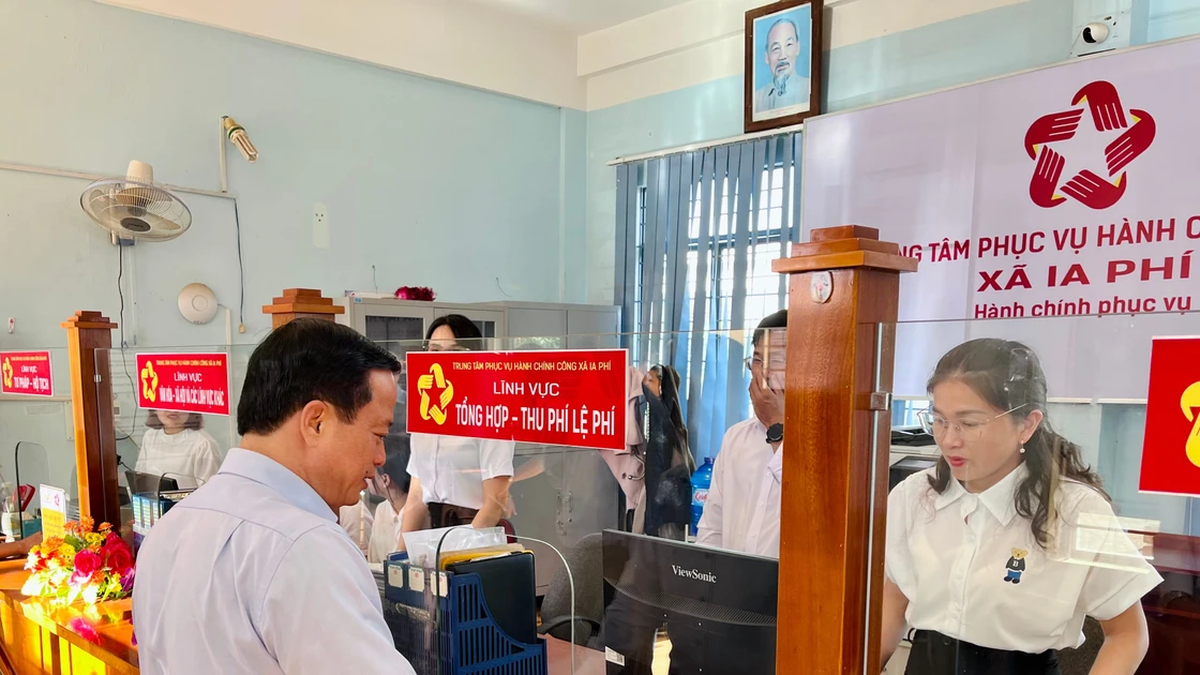

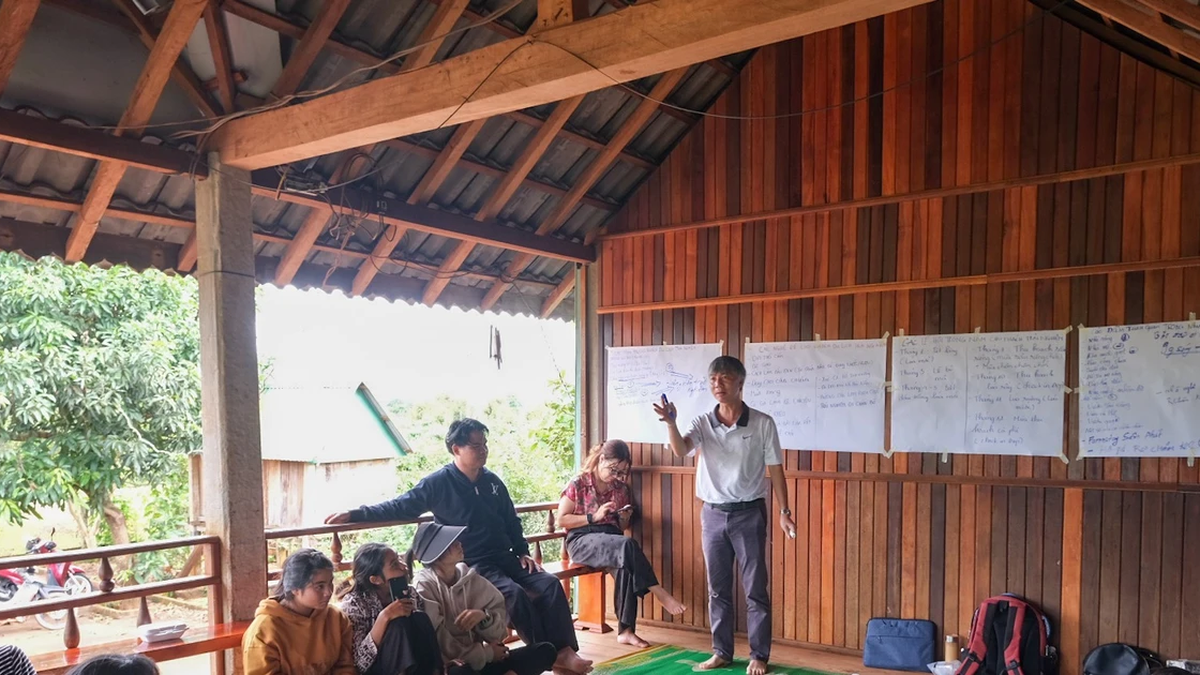

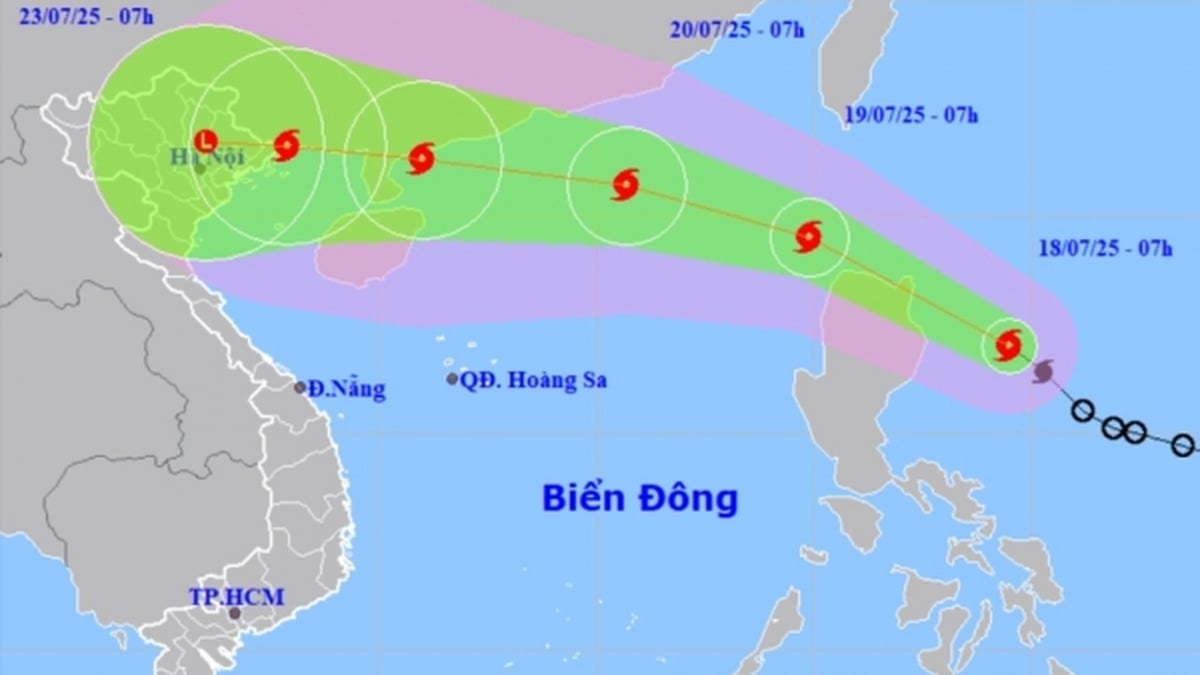

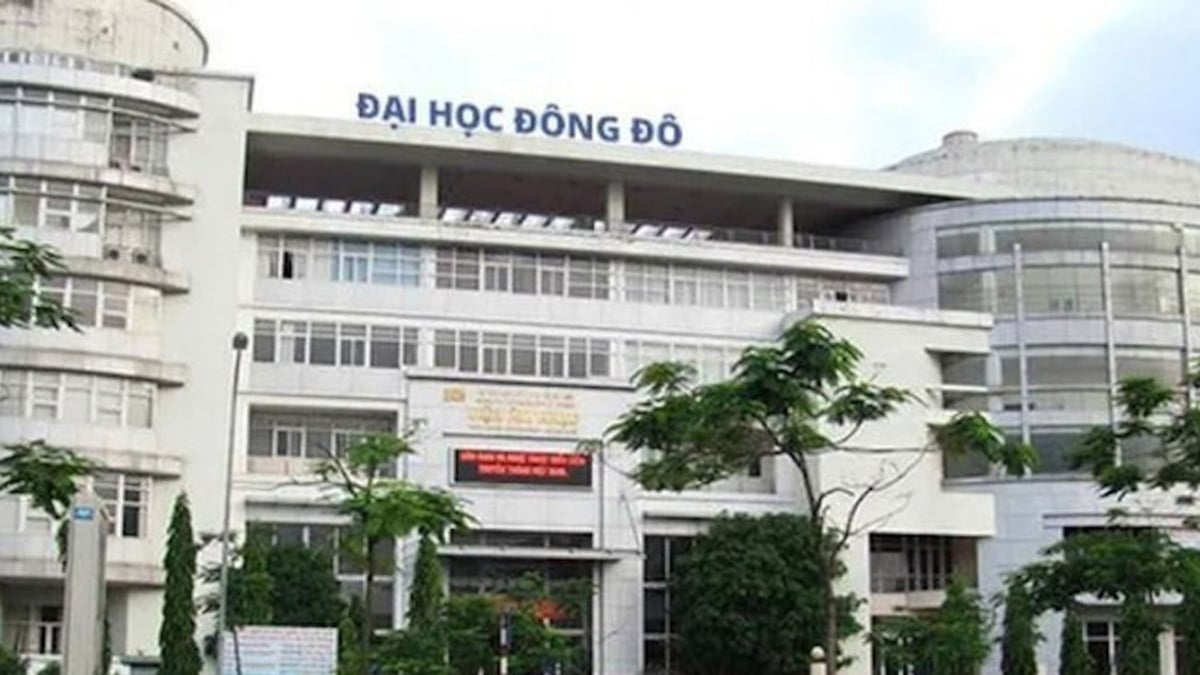

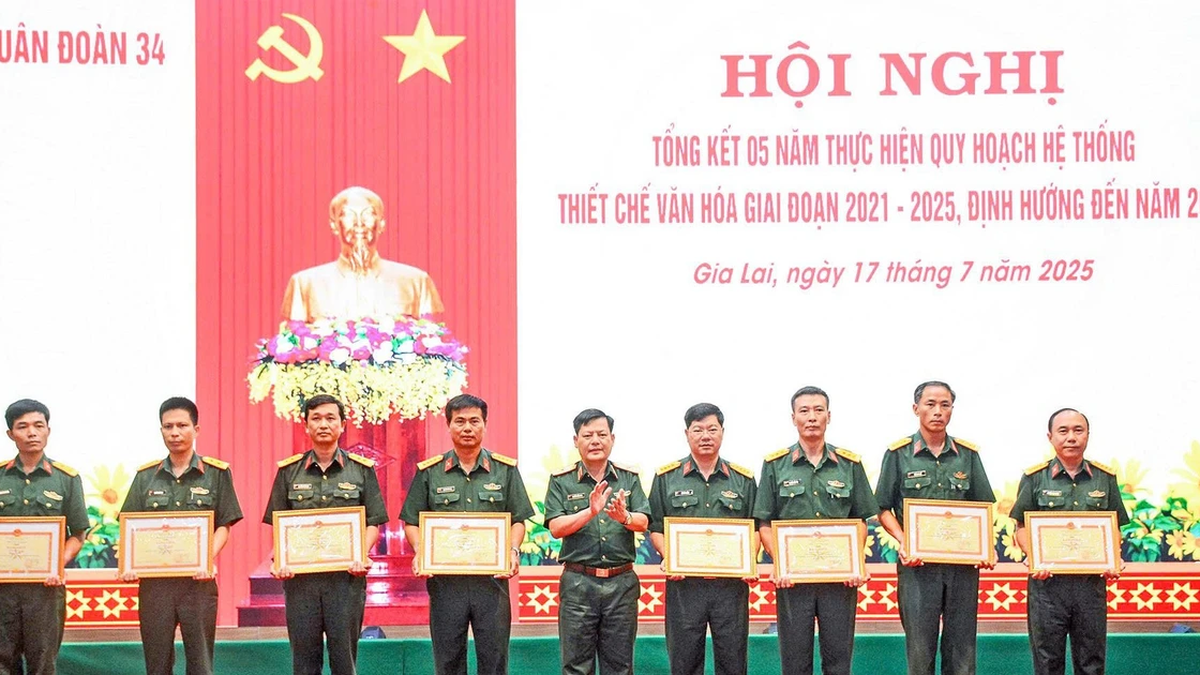

















































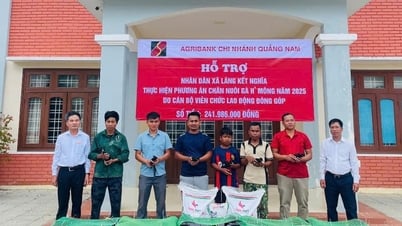






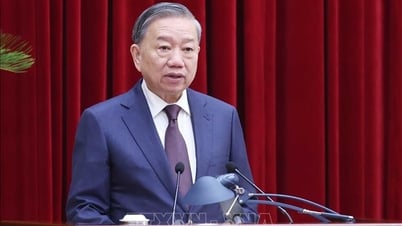





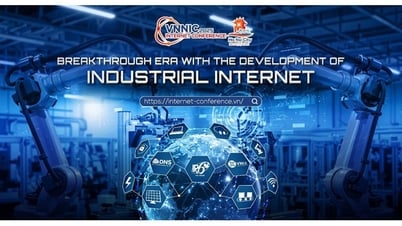




















![[Infographic] In 2025, 47 products will achieve national OCOP](https://vphoto.vietnam.vn/thumb/402x226/vietnam/resource/IMAGE/2025/7/16/5d672398b0744db3ab920e05db8e5b7d)







Comment (0)